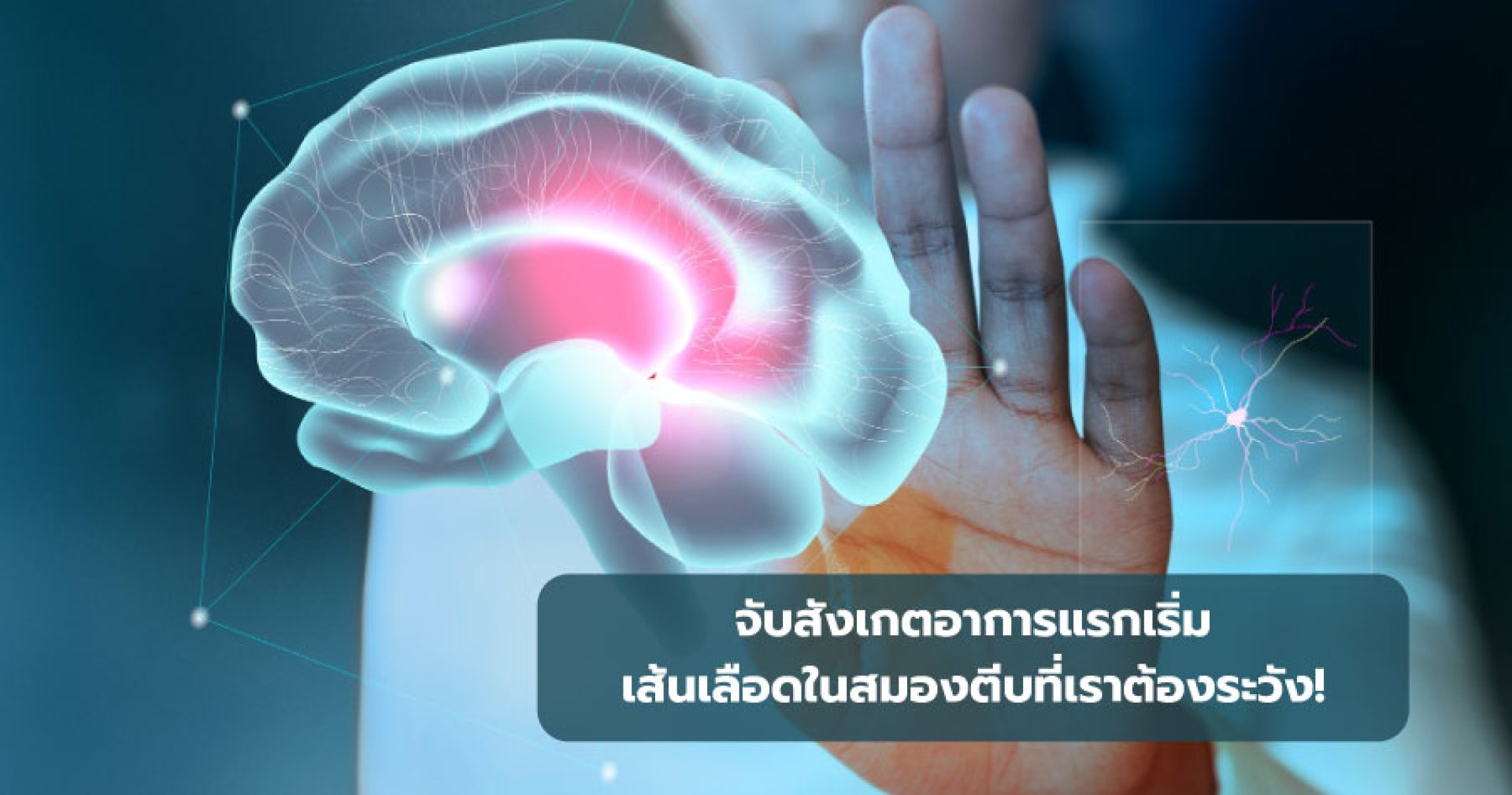Beware of the early signs of a stroke that we need to watch out for!

Beware of the early signs of a stroke that we need to watch out for!
Stroke, also known as cerebrovascular disease, is a dangerous silent killer. This article highlights the symptoms of a stroke for everyone to read and observe. Understanding the symptoms of a stroke and knowing what it is, as well as ischemic stroke, will enable better self and loved ones' care.
Understanding stroke symptoms:
CVA or Cerebrovascular accident, commonly known as Stroke, is a silent danger that everyone should be familiar with and prevent. It results from a lack of blood flow to a part of the brain or insufficient blood supply. The symptoms vary depending on the damaged area and severity. However, the most common signs of a stroke include weakness on one side of the body. Most damages are specific to the brain region and the associated organs.
Early signs of a stroke include:
Unexplained headaches or changes in headache patterns.
Dizziness, nausea, or vomiting.
Fatigue or unusual tiredness.
Changes in vision such as double vision, blurred vision, or eye floaters.
Inability to move arms or legs, or problems like drooping, stiffness, or numbness.
Slurred speech, difficulty articulating thoughts, or mumbling.
Confusion, memory loss, or disorientation regarding familiar matters.
If these symptoms occur, seek medical attention immediately to reduce the risk of permanent disability from a stroke.
Can a stroke be cured?
Treatment depends on the type of stroke:
Ischemic stroke occurs due to a blockage. The focus is on opening the blocked vessel and preventing future occurrences. Treatment includes anti-clotting medications like Aspirin or Clopidogrel and blood pressure medicines such as ACE inhibitors or ARBs. In cases of a severe blockage, surgery might be necessary.
Hemorrhagic stroke occurs due to bleeding. The focus is on controlling blood circulation and stopping the bleeding. Treatment includes blood pressure medications like ACE inhibitors or ARBs. For severe bleeding, surgery might be required to remove the blood and repair the vessel.
Stroke Diagnosis:
Radiological tests like CT Scan, MRI. Electroencephalogram (EEG). Blood tests such as a complete blood count, lipid profile.
Risk factors and prevention of stroke:
Risk factors include high blood pressure, diabetes, heart diseases, smoking, regular alcohol consumption, family history of stroke or other cerebrovascular diseases.
Prevention includes maintaining overall health, quitting smoking and alcohol, regular exercise, a healthy diet, weight management, annual health check-ups, and following medical advice for chronic conditions.
Stroke treatment and recovery:
Treatment includes medications to reduce blood vessel blockages, anti-inflammatory drugs, surgery, or might result in death from a severe stroke.
Recovery involves physical therapy, skill training for a normal life.
Behavior modifications to reduce the risk of future strokes include quitting smoking and alcohol, regular exercise, a diet rich in fruits and vegetables, weight management, regular health check-ups, stress and anxiety reduction, and treating other conditions like diabetes or high blood pressure.
Furthermore, after recognizing the early signs of a stroke, seek immediate medical attention. Once treated, you can choose to be cared for at Amataya rehab, a world-class stroke rehabilitation center. We closely monitor your vascular health with a team of professional doctors, nurses, and modern equipment, ensuring effective care for your health.


